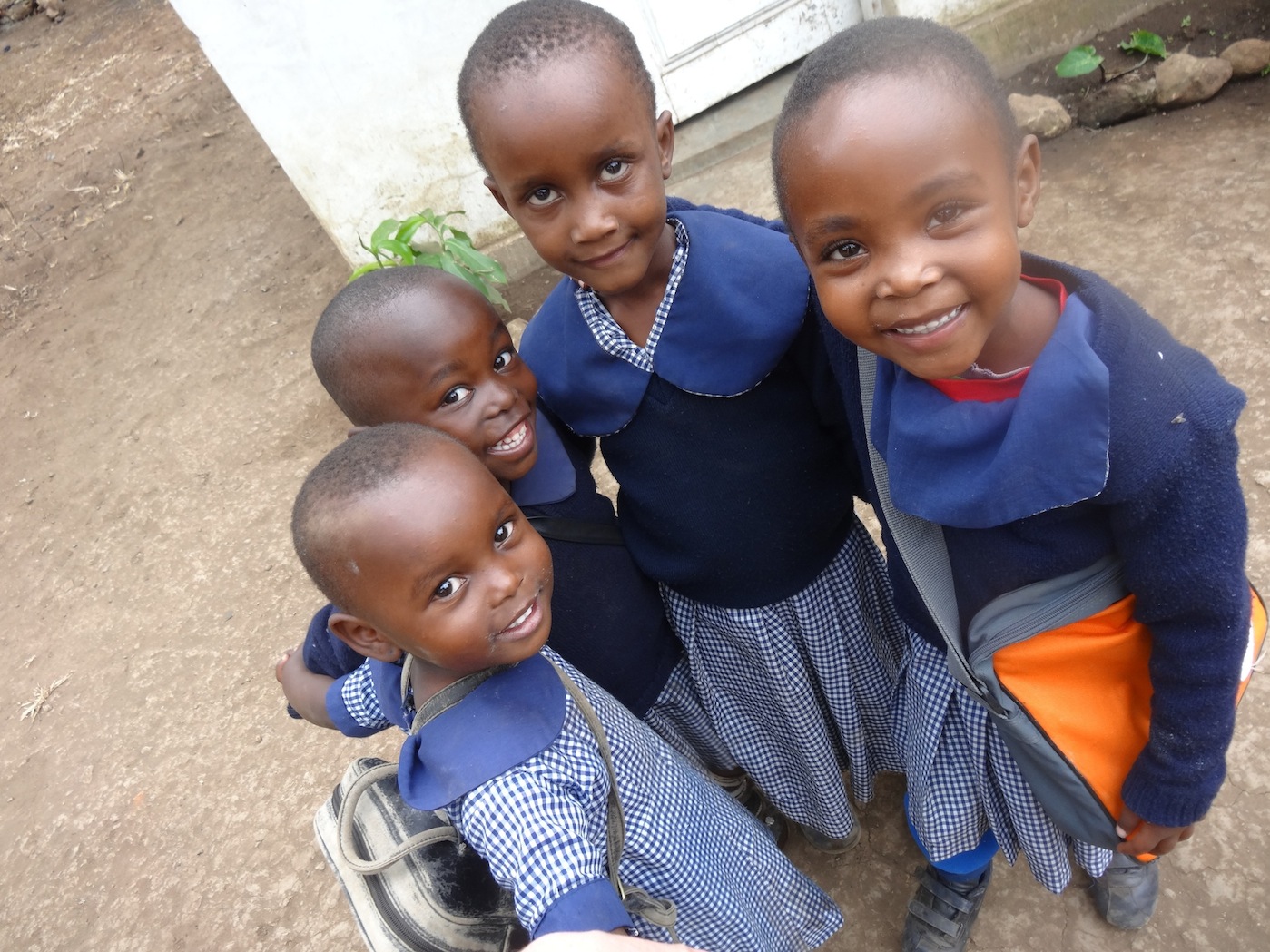Social innovation in Tanzania for $16 a month
You can read about it, see a documentary about it, make a donation to it, buy a cow at Christmas to put in it, but until you experience it, it is really hard to fully understand.
Tanzania is in comparison to many other developing countries in the two-thirds world making substantial gains for its people. In some areas there have been significant developments that will provide the basis for Tanzania to lift itself out of dependency and poverty. For example in 2010 Tanzania had achieved a 96% enrollment rate in primary school, however despite these steps forward one-third of Tanzanians still live below the poverty line and exist on less than $1 a day.
The experience of volunteering at a school for pre-primary school children who are from the poorest families or are orphans in the care of extended family members is an assault to many of the senses, even if you are ready for some first hand experience of poverty. Access is through a village outside Arusha on a very uneven dirt road – basically impassable for motor vehicles but achievable on a motor bike – before arriving at a set of buildings called the Meru View Pre-Primary School that are fenced in by a concrete wall.
All the children are in school uniforms provided by the school. Some have no elbows in their jumpers and some have rips in their trousers, but they are all proudly clean and welcome visitors with hugs, wide smiles and bright curious eyes. There are four classes and two teachers amongst the 55 students. Pencils and exercise books are in very short supply and prized possessions. The playground is a rectangle area of dirt and there is no electricity, so the classrooms have limited light.
At this point we could say something about teaching conditions in schools back in Victoria Australia where a long-term dispute between the teacher’s union and the state government has been solved through a pay rise that collectively would run and develop the Meru View Pre-Primary School for a decade – but that would sound preachy and may piss people off so we should probably avoid saying it.
If you are still reading this let us go on to describe the costs involved. Around $16 a month provides a basic pre-school education for a child living with extreme poverty. It provides porridge for breakfast and a lunch of rice and a mixture of beans and vegetables. For the majority of the children this is the most food they will eat for the day. The school provides pre-school education in English so these children will have a chance of passing the exam they need to sit to get into a good primary school and commence a pathway out of poverty on the basis of their own work and motivation. There are no ‘back-to-school’ subsidies here!
The school is run by local people for local people with the assistance of a fund established by a British nurse to support them. There are no administration fees and no additional costs because the founder of the funding body is the major donor. It was finally provided charitable status in the UK and acts only as a fund.
Imagine if all the Victorian school teachers gave $16 a year each to provide an education for a Tanzanian youngster aged between three and five so they got a shot at assisting themselves as well as their entire nation to move from dependency to self sustainability?
Or imagine if 55 people in Australia agreed to provide $16 a month each that would cover the costs of all the current school children? It would also allow the school to set up a kitchen and move out of the open air shed where meals are prepared each day on open wood fire and fresh and clean water is purchased from the neighbors through a hose and filled into large plastic buckets. Imagine if these 55 Australians were able to be absolutely sure that 100% of their money went directly to the project, not via a government or non-government funnel.
Like we said you can read all about it and come up with a hundred reasons why you don’t need to care, but when you experience it and you’re standing in the dust with a four year old holding your hand looking up at you with a smile . . . you can’t help but be moved to action.
We’ll be volunteering with the school for the coming three weeks and looking at ways to provide support for some of the basic necessities. If you’re interested in getting involved, please get in touch!

